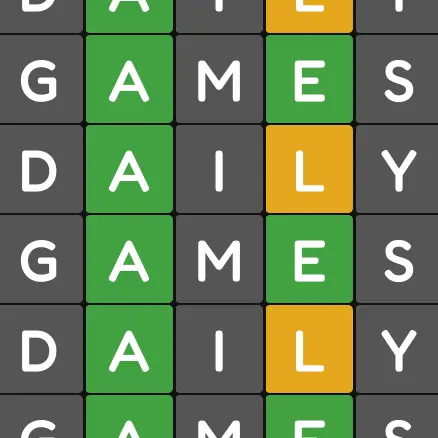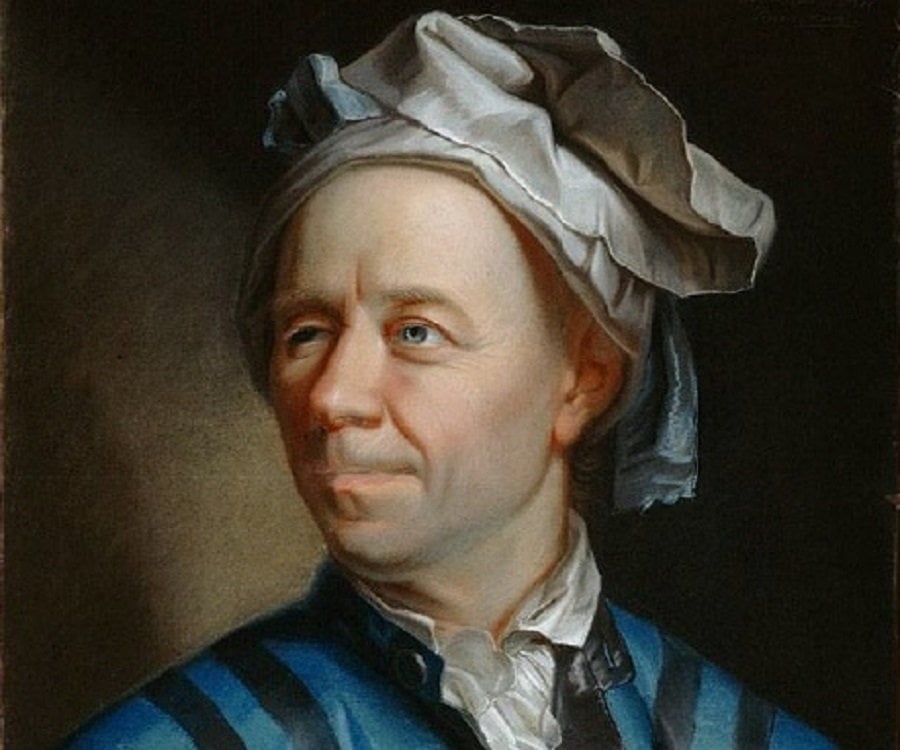

It depends
how they did it. If they did the entire roll twice (crowd all rolls, pick most common, crowd all rolls again, pick most common again) and picked the best result out of those two, it would not be different than rolling normally with advantage (since it would effectively just be a very fancy and complicated way of rolling a d20 twice and taking the better result). This is almost certainly what happened (if not for the below reasons, then because it would be much less complicated technically to perform than anything else).
But suppose they just gave each individual person advantage, and then picked the most popular roll out of all those advantage’d rolls. (That is, if I rolled an 8 and a 15 on my phone, only the 15 would get compared with everyone else’s advantaged roll.)
Out of 400 ordered pairs of 2d20 rolls, the number of combinations which occur for each roll are 2n-1. For example, to roll a 15 with advantage there are 2(15)-1 = 29 possible ways to do so: a 15 on the first die, and anything from 1-15 on the second, or a 15 on the second die and anything from 1-15 on the first for what seems like 30 combinations, but we’ve double counted the case where we rolled 15 on both tries, so we subtract one to get 29.
Notice that the sum of (2n-1) for n=1…20 (that is 1 + 3 + 5 + … + 37 + 39) is exactly 400, the total number of combinations we expect.
So the probability of a nat 20 with advantage is 39/400. So what we’re actually asking is when 20,000 people roll with advantage, what are the odds that any of the other numbers, like 19 which has a 37/400 chance each time, still somehow get rolled more often than a nat 20?
I do not know how to actually compute that - it’s complicated beyond my skill - but the law of large numbers suggests that as the crowd gets bigger that number should get very, very small indeed, and in fact the probability of not rolling a nat 20 would converge to 0 as crowd size went to infinity.
I tried tossing together some python to experiment: out of 10,000 attempts using this method, and presuming a crowd of 20,000 who all rolled. Out of 10,000 trials, a nat 20 was rolled 9454 times, a 19 was rolled 545 times, and an 18 was rolled 1 time. It never rolled below 18 using this method in 10k attempts. So, I’m guessing that’s not what they went with.














For anyone who’s not aware, letters to your MP (and certain other members of the federal government) are postage free, so you don’t need a stamp.
https://www.canadapost-postescanada.ca/cpc/en/support/articles/government-mail-free-of-postage/overview.page
Note this doesn’t apply to provincial positions, so you’d have to stamp a letter to an MLA.